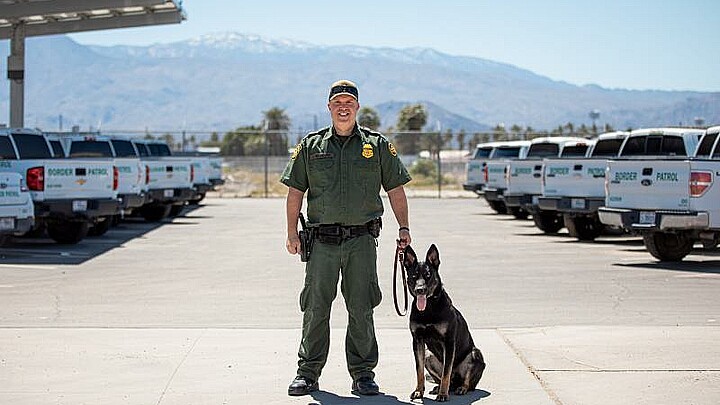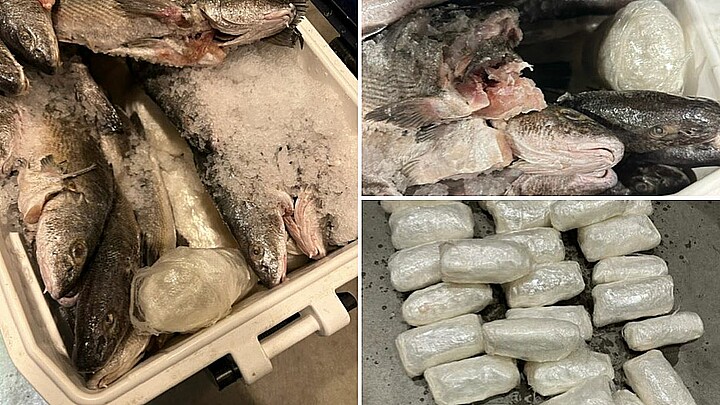Crime
San Francisco police used rape victim's DNA to link her to burglary
Her DNA was previously collected by investigators after she filed a complaint in a 2016 domestic violence and sexual assault case
September 13, 2022 2:47pm
Updated: September 13, 2022 2:48pm
A rape victim whose DNA was maintained by law enforcement from a prior sexual assault case in San Francisco was purportedly used by city police to link to an unrelated burglary on Monday.
The woman has since filed a lawsuit against the city, saying that police overreached in using her DNA from the San Francisco Police Department. Her DNA was previously collected by investigators after she filed a complaint in a 2016 domestic violence and sexual assault case, according to former District Attorney Chesa Boudin who denounced the practice in a February 22, 2022 press release.
“This is government overreach of the highest order, using the most unique and personal thing we have – our genetic code – without our knowledge to try and connect us to crime," said Adante Pointer, the lawyer representing the woman who filed the suit.
The lawsuit has since generated controversy from victim advocates, legal experts and some lawmakers who say the double dipping of DNA on file from victims as a means to potentially implicate them in future crimes could create hesitation for them to come forward.
Such practices are prohibited by federal law for the government to include victim DNA in the nationalized Combined DNA Index System that the FBI and other U.S. law enforcement agencies used to solve crimes.
California legislators passed a bill last month that would bar state and local authorities from using the DNA profiles from rape victims for such purposes other than identifying their assailant. That legislation is currently pending before the state’s governor, Democrat Gavin Newsom.
State law allows local police crime labs to run their own forensic databases, which are maintained separately from state and federal databases. The state law also lets local labs perform forensic analysis, including DNA profiling without regulation by state officials.










